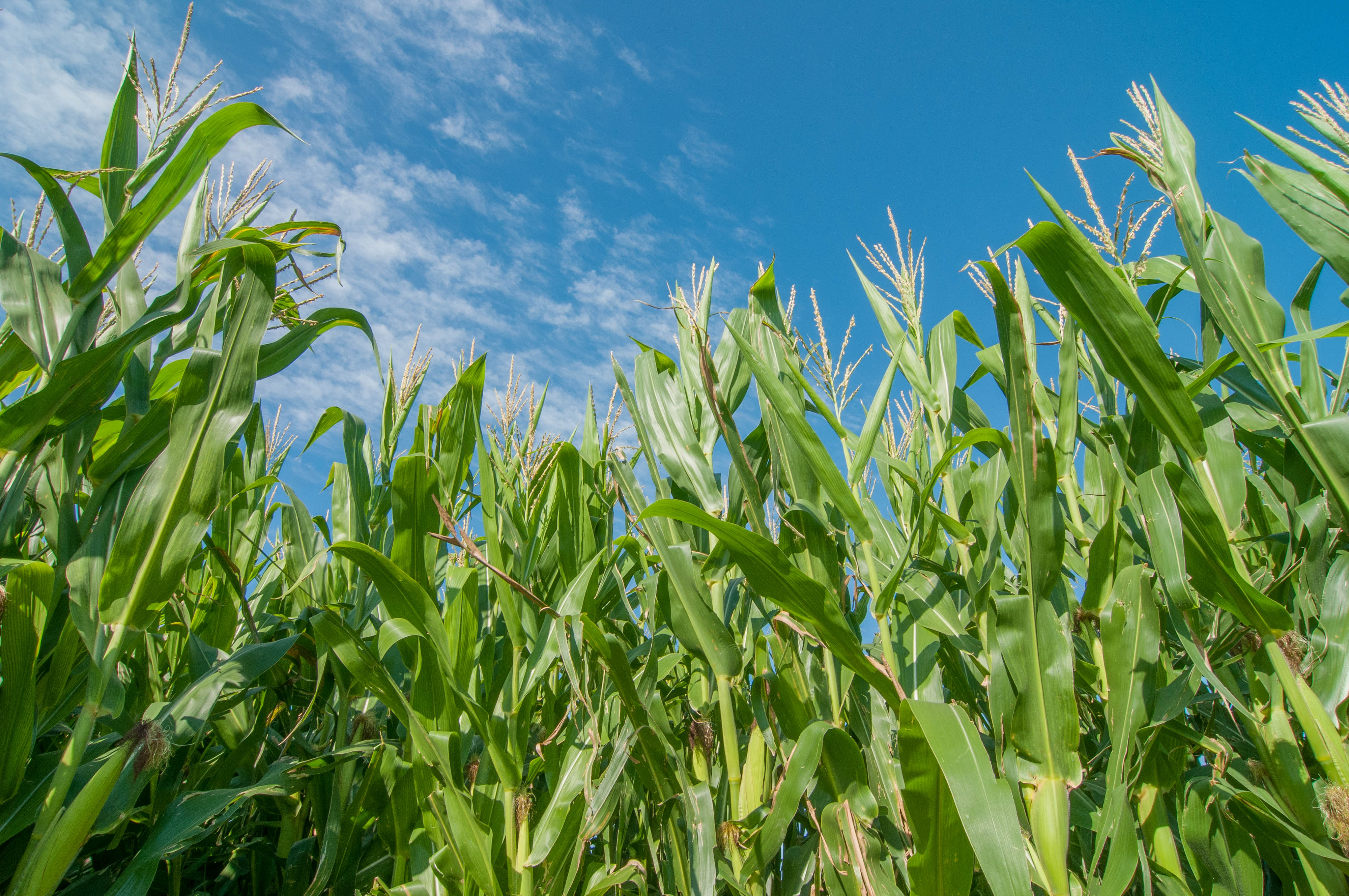Conservation Continues with Extended Farm Bill
Budget deal gives lawmakers more time to hammer out a new five-year package.
Media Contacts
-
Eric Bontrager
The Nature Conservancy
Phone: 703-887-0559
Email: eric.bontrager@tnc.org
The following is a statement by Kameran Onley, Managing Director of North American Policy and Government Relations at The Nature Conservancy, after Congress passed a short-term budget deal to avoid a government shutdown that includes a one-year extension of the 2018 Farm Bill:
“When Congress let the 2018 Farm Bill expire at the end of September, it put the future of the critical conservation work supported by the bill in jeopardy. The Farm Bill is one of the country’s best conservation tools, promoting practices that not only help lead to more robust crop production but also result in cleaner water, carbon sequestration, healthy soils and a host of other benefits. Any gap, however small, puts those benefits at risk.
“We’re grateful to the four leaders of the House and Senate Agriculture Committees for once again demonstrating their bipartisan commitment to getting a new Farm Bill passed with this agreed extension. This deal will give lawmakers more time to develop and finalize a new five-year bill without a gap in funding for the farmers, foresters, ranchers and other producers that make our agriculture system work. Now that Congress has the time, it must use it to craft a bill that builds on the remarkable progress of its predecessor and will help forge a sustainable, productive future for our lands and livelihoods.”
The Nature Conservancy is a global conservation organization dedicated to conserving the lands and waters on which all life depends. Guided by science, we create innovative, on-the-ground solutions to our world’s toughest challenges so that nature and people can thrive together. We are tackling climate change, conserving lands, waters and oceans at an unprecedented scale, providing food and water sustainably and helping make cities more resilient. The Nature Conservancy is working to make a lasting difference around the world in 81 countries and territories (40 by direct conservation impact and 41 through partners) through a collaborative approach that engages local communities, governments, the private sector, and other partners. To learn more, visit nature.org or follow @nature_press on X.


